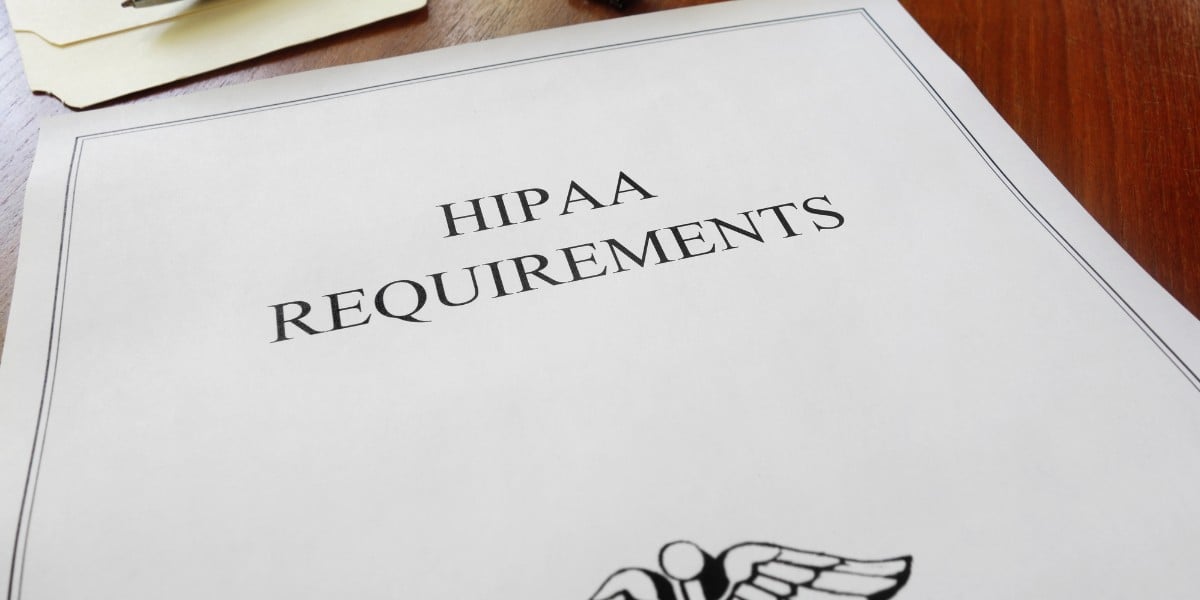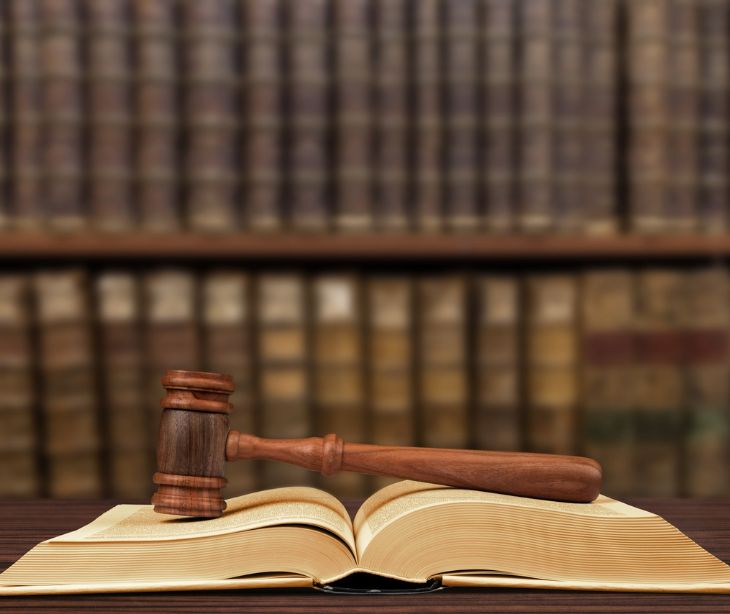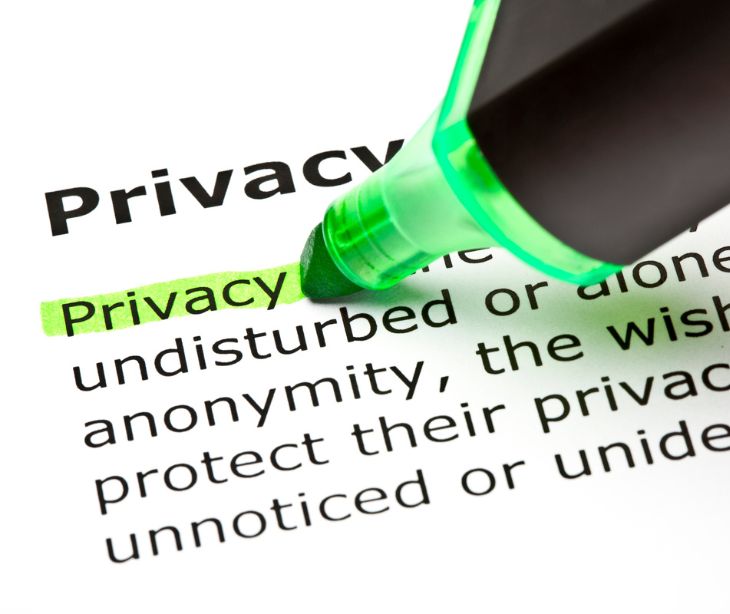
The Health Insurance Portability and Accountability Act (HIPAA) is a federal law that governs the protection and handling of sensitive health information. While most pediatricians and the organizations they work for are considered covered entities under HIPAA, there are specific criteria that determine its applicability.
HIPAA compliance for pediatricians
Pediatricians who transmit health information electronically in connection with certain transactions, such as payment and remittance advice, claims status, eligibility, coordination of benefits, claims and encounter information, enrollment and disenrollment, referrals, and authorizations, are typically subject to HIPAA regulations.
However, even if a pediatrician does not qualify as a covered entity, they may still be required to comply with HIPAA's privacy, security, and breach notification rules if they provide services for or on behalf of a pediatric office that does qualify as a covered entity. In such cases, the pediatrician is considered a business associate under HIPAA.
Protecting patient information
The privacy rule is a core component of HIPAA that aims to safeguard the privacy of individually identifiable health information and any additional common identifier information maintained in the same designated record set. To achieve this objective, covered entities must implement safeguards against impermissible uses and disclosures of protected health information (PHI).
Complexities in pediatric care
HIPAA compliance for pediatricians can be particularly complex due to the provisions of the privacy rule relating to personal representatives of minors. In most cases, parents or legal guardians are considered the personal representatives of minor children, with certain exceptions due to state laws authorizing alternative guardianship arrangements.
Under the privacy rule, personal representatives must be treated the same as minor children with respect to uses and disclosures of PHI and patients' rights. However, pediatricians are not required to provide access to a child's PHI if they reasonably believe that doing so would endanger the individual or if there is evidence of domestic violence, abuse, or neglect by the personal representative.
Managing designated record sets
A challenge in pediatric care is that a child's designated record set may include individually identifiable health information relating to parents and other family members. The use or disclosure of this information is limited to certain circumstances, adding another layer of complexity to HIPAA compliance for pediatricians.
Read more: What is the HIPAA Privacy Rule?
Safeguarding electronic PHI
The security rule is another component of HIPAA that requires covered entities to implement administrative, physical, and technical safeguards to mitigate risks to the confidentiality, integrity, and availability of electronic protected health information (ePHI).
Aligning with the 21st Century Cures Act
However, the requirements of the security rule do not always align with the data-sharing requirements of the 21st Century Cures Act Interoperability Final Rule. This can complicate HIPAA compliance for pediatric offices if, for example, their electronic health record (EHR) technology does not support the level of data segmentation necessary to adhere to the Information Blocking provisions of the Interoperability Final Rule.
In such cases, pediatric offices may face a dilemma: denying a personal representative access to a child's ePHI in compliance with the 21st Century Cures Act but potentially violating HIPAA, or providing more than the minimum necessary ePHI to comply with HIPAA while potentially violating the Information Blocking provisions of the Interoperability Final Rule.
Resolving conflicts
When conflicts arise between HIPAA and another federal or state law, HIPAA generally prevails. In the context of pediatric care, a pediatric office would not be violating HIPAA by providing more than the minimum necessary ePHI to a personal representative of the child, subject to the exceptions related to violence, abuse, and neglect mentioned in the privacy rule.
Read also: What is the HIPAA Security Rule?
Breach notification compliance
The breach notification rule applies equally to all covered entities and business associates, regardless of the healthcare discipline. However, it can be more challenging for pediatric offices to determine whether a disclosure of ePHI constitutes a breach, particularly if the disclosure was made to someone believed to have a right to access the information.
Reporting potential breaches
In cases of uncertainty, the safest approach is to report the disclosure of ePHI to the Department of Health and Human Services' (HHS) Office for Civil Rights (OCR) as if it were a breach. Reporting in this manner allows the OCR to make the final determination. Documenting the circumstances surrounding the disclosure and the policies in place to prevent impermissible disclosures is necessary, as these may be subject to inspection.
Developing policies and procedures
Pediatricians and pediatric offices should develop policies for providing access to ePHI upon request, including accountings of disclosures. These policies should also outline the rationales for when ePHI will not be disclosed to personal representatives, including procedures for reporting violence, abuse, and neglect to the appropriate authorities or law enforcement officials.
Related: What is the HIPAA Breach Notification Rule?
Seeking specialized assistance
Given the complexities involved in HIPAA compliance for pediatricians, it is advisable to seek specialized assistance from compliance experts if your pediatric practice, office, or department is experiencing challenges in this area. Compliance experts can provide valuable guidance and support to ensure that your organization remains compliant with HIPAA regulations while effectively managing the unique considerations of pediatric care.
In the news
To enhance healthcare interoperability and patient access to electronic health information (EHI), the Department of Health and Human Services (HHS) released a final rule addressing provider information blocking. The decision tries to curb the practice of healthcare providers deliberately impeding the free flow of medical data, which can negatively impact patients.
Building upon the foundations laid by the 2021 Cures Act, the new rule establishes a framework of disincentives for providers that have engaged in information blocking. Preventing information blocking will empower patients, foster collaboration among healthcare stakeholders, and ultimately improve patient outcomes.
See more: HHS finalizes rule on provider information blocking
FAQs
How should pediatricians handle the medical records of minors under HIPAA?
Pediatricians must ensure that the medical records of minors are kept confidential and secure. Access to these records is generally limited to parents or legal guardians, except in situations where the minor is legally allowed to consent to treatment (e.g., reproductive health, mental health services).
Can pediatricians share patient information with schools or daycare centers under HIPAA?
Pediatricians can share patient information with schools or daycare centers only with explicit authorization from the child's parent or legal guardian. Such disclosures must be kept to the minimum necessary information required for the purpose and documented according to HIPAA guidelines.
What steps should pediatricians take to secure electronic patient records?
Pediatricians should implement security measures to protect electronic patient records, including encryption, strong passwords, regular software updates, and access controls. They should also conduct regular risk assessments and train staff on HIPAA compliance to prevent unauthorized access and breaches.
Learn more: HIPAA Compliant Email: The Definitive Guide
Subscribe to Paubox Weekly
Every Friday we'll bring you the most important news from Paubox. Our aim is to make you smarter, faster.



